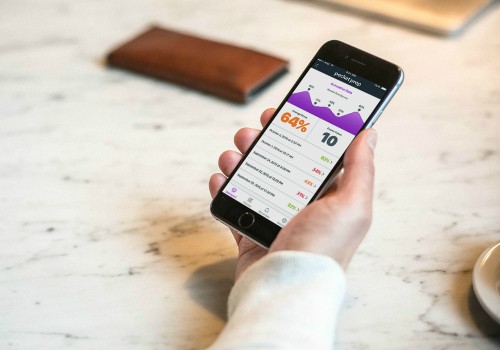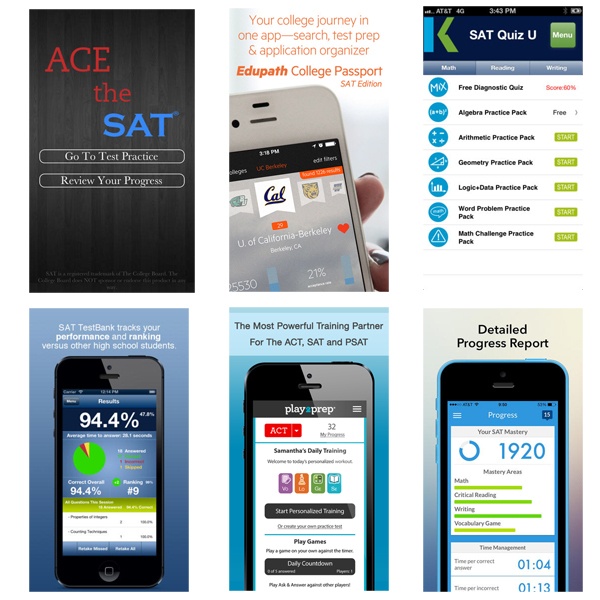How To Use Mobile Technology For Exam Prep
Why are mobile options for exam prep becoming so popular? One reason is convenience. While some people may be able to set aside several hours each day for intensive study, others have to grab study time when they can. For these people, being able to study while commuting, having lunch, or on a treadmill is a life (and career) saver. Mobile learning technology makes it possible.
Below are some of the ways that people can prepare for exams via mobile technology:
- Watching videos.
YouTube and Vimeo have made it incredibly easy for anyone to post and watch instructional videos on a variety of devices, including web streaming TV services, computers, phones, and tablets. Both individuals and professional organizations produce and upload videos that can help watchers prepare for exams as well as improve their general industry knowledge. Online videos can be a particularly important resource for students who learn better through visual engagement or who are preparing for a trade. Actually seeing the instructor, as well as charts, graphs, or demonstrations of procedures and techniques, can be the difference between passing an exam on the first try and having to repeat it. As mentioned earlier, online videos can be uploaded to free and paid hosting services. These can then be integrated into a website, or be made available as stand-alone resources on the video platform. - Listening to audio.
Another option for examination preparation is to listen to audio programming on a mobile device. Audio options include eBooks, instructional podcasts, and lectures. One major advantage to audio learning is that it's even easier to multitask than with video: Many people simply push "play" on their audio players and listen in while exercising, running errands, commuting, or doing household chores. Audio hosting is available through a number of sources. Some organizations record audio add a still image, and upload to Vimeo or YouTube. Others pay for hosting through a variety of services, including web hosting and stand-alone podcast streaming services. - Exam prep apps.
Some people benefit from being able to simulate the experience of actually taking an exam. While there are practice exams available in both book and online formats, there are also mobile apps that are specifically dedicated to preparing people to take professional certification or school entrance exams. These apps, such as Pocket Prep, allow students to prepare for exams by actually answering questions similar to those asked on the exams. The quality of these apps varies, of course, but some provide a comprehensive learning experience that includes not only questions and answers but also explanations for correct responses. By being able to review one's performance in answering questions, and receiving corrective feedback on wrong answers, the student can identify areas in which he or she needs further learning. - Note-taking apps.
Many students find that taking notes during a presentation, or even while reading, is an effective way of mastering knowledge. This may be because the note-taking process requires the student to assimilate information and then re-write it in his or her own words. Regardless of the reason why note taking is effective, many students may feel that scribbling notes on paper is less than efficient. This is particularly true among those who do not have great handwriting. While it is possible to take notes on a laptop computer, not everyone wishes to carry a computer with them. Mobile note taking apps offer students the ability to quickly use their phone or tablet to take notes and then organize their notes so that they are easily accessed for review at a later time. Options include being able to type in notes manually, or to write the notes by hand, which the app recognizes and translates into text. Some apps also allow users to integrate related media, such as articles from websites or online videos, into the notes. This can help the student organize resources into one cohesive study guide. - eReaders.
eBooks, eReaders, and eReader apps have come a long way over the years. For those who prefer to read a study guide or tutorial, eBooks provide an inexpensive, practical way to study. In many cases, eBooks are less expensive than their print counterparts, allowing students on a budget to receive the help they need to prepare for exams. In addition, eBooks are incredibly portable and can be read on tablets, cell phones, and standard computers. Unlike the massive exam prep print books of old, a whole library of e-books is easily stored on a device that fits into a pocket, purse, or backpack. Finally, eBooks are searchable. Students who are concerned about mastering a specific topic can easily search the e-book for information. This saves the student time and ensures that the student can get the information that he or she needs quickly.
The availability, convenience, and affordability of mobile learning options benefit educators, instructional designers, and students alike. If you are working with individuals who are considering taking that next step in their careers, offering education that is accessible via a mobile interface may be the best way of ensuring their success.









